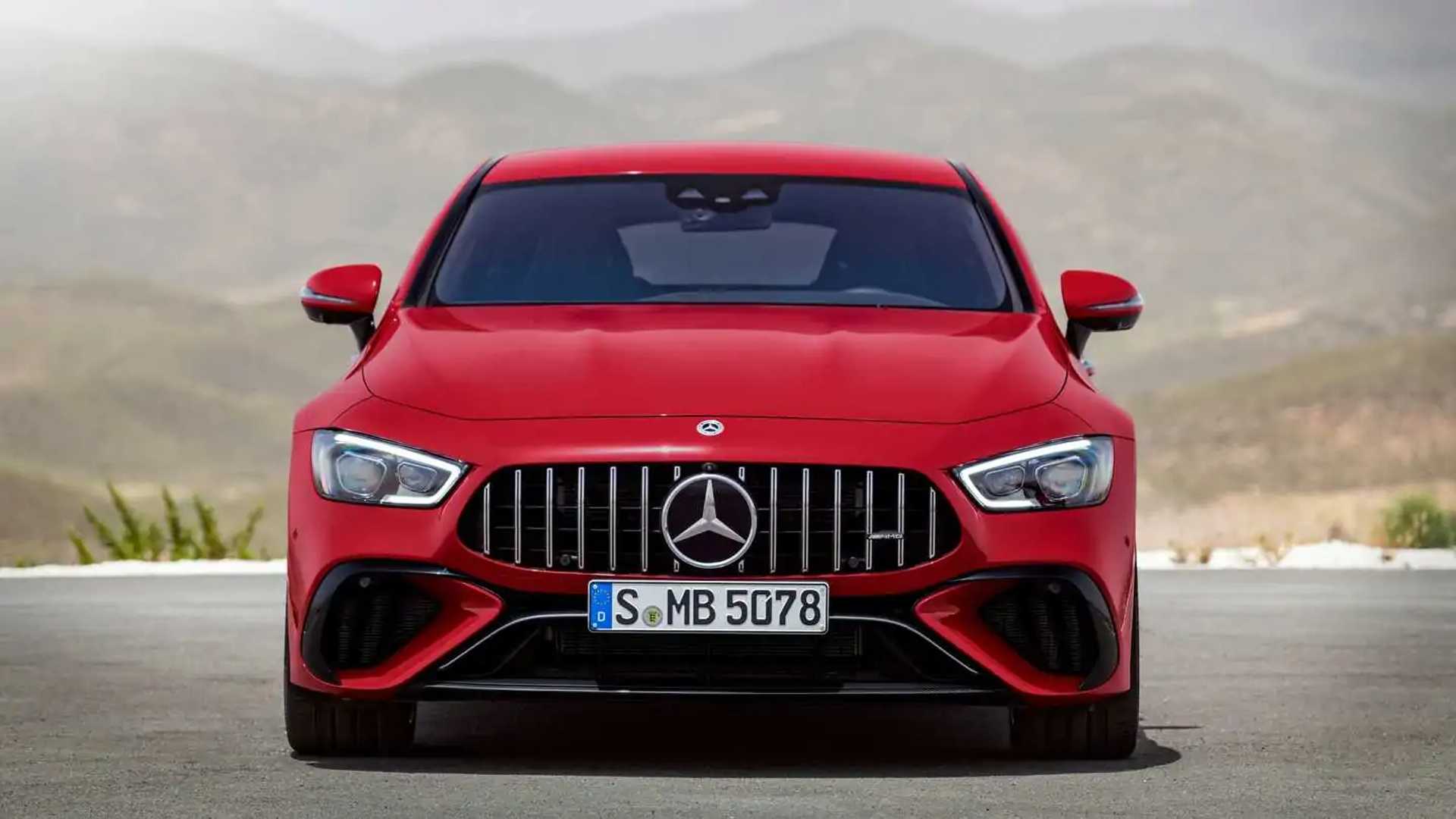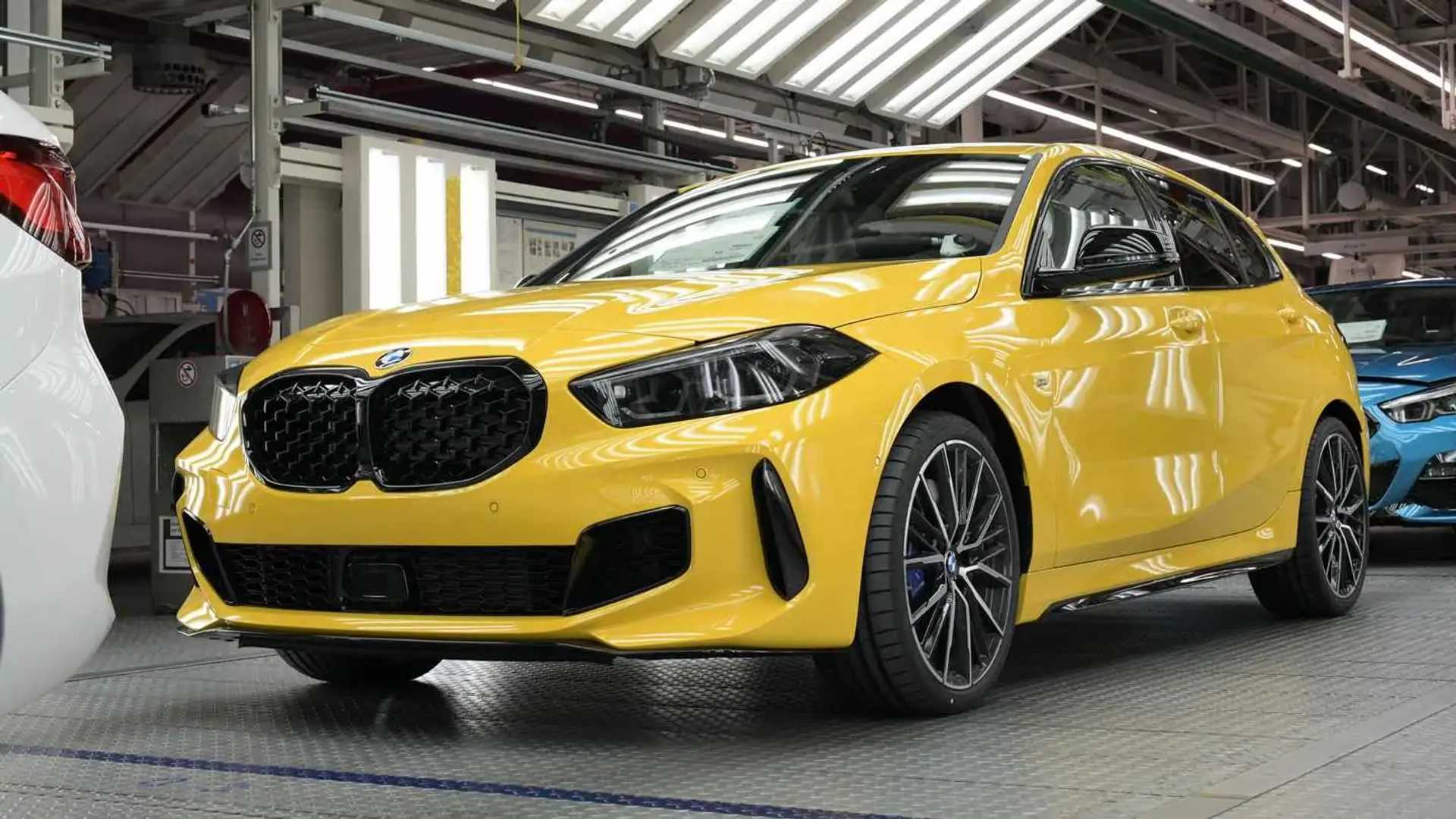
Luxury automakers may find the shortage of semiconductors a blessing in disguise.
With the coronavirus pandemic shortly followed by a shortage of microchips, the automotive industry was hit with a hard 1-2 punch. Although the COVID-19 pandemic has ended, customer demand is slowly returning for new cars. However, there is still a shortage of semiconductors that is causing car manufacturers many headaches.
The chip shortage could be a blessing for Mercedes and BMW. Two German luxury brands, BMW and Mercedes, have realized that customers will not only wait for months to get their shiny new premium cars but also spend more money for cars with the three-pointed stars or the roundel with colors from the Bavarian flag.
Mercedes and BMW have been criticised for their tendency to chase volume. They launched a lot of small, cheaper compact cars. However, these cars aren’t likely to disappear anytime soon. Instead, they will be focusing on bigger, more expensive cars in order to achieve higher profit margins. Instead of relying on volume-based sales targets, the duo aims to sell fewer cars while making more money.
Interview with Financial Times Harald Wilhelm, Chief Financial officer at Mercedes’ parent company Daimler said that they will “consciously undersupply demand levels[s]” and that they would shift gears to the higher end, towards the luxury end.

Nicolas Peter, who holds the same position at BMW, echoed his sentiments. Bavarian marques have “seen an improvement in pricing power over the past 24 months” and it is now “clearly to keep… the way that we manage supply to preserve our pricing power at today’s level.”
Mercedes and BMW are well aware that luxury cars will cost more, so prices will not fall after the microchip shortage ends. Arndt Ellinghorst, a Bernstein analyst, says that reducing discounts by 1 percent can boost profits in the entire car industry to a staggering $20 billion. He also mentioned that discounts in Europe and the United States have fallen by more than 2 percent compared to their high levels before the pandemic.
People who are hoping to score a great deal on a Mercedes-Benz once the microchip shortage ends will be disappointed. Harald Wilhelm said that “One day or the other, the semis issue would be gone” and that they would continue with the price, margin and mix focus. The same applies if you are looking to purchase a BMW at an affordable price. “Customers are willing to wait three to six months, which is helping our pricing power.”
This strategy is being used by high-end luxury brands such as Ferrari for some time now. It seems to be starting to trickle down to mainstream luxury marques.